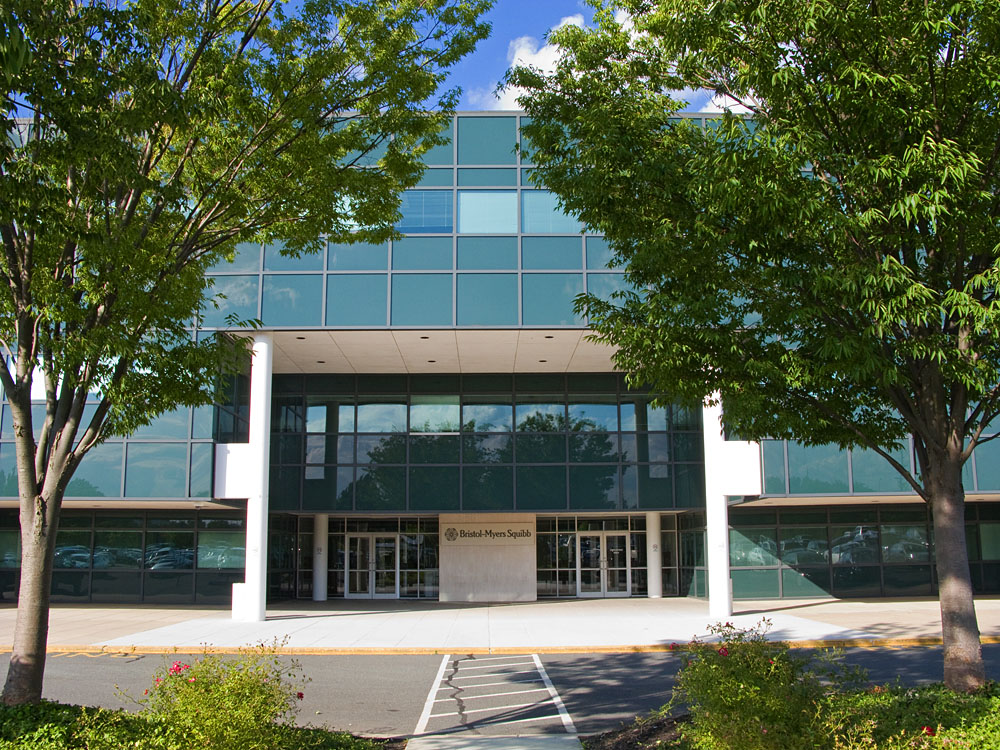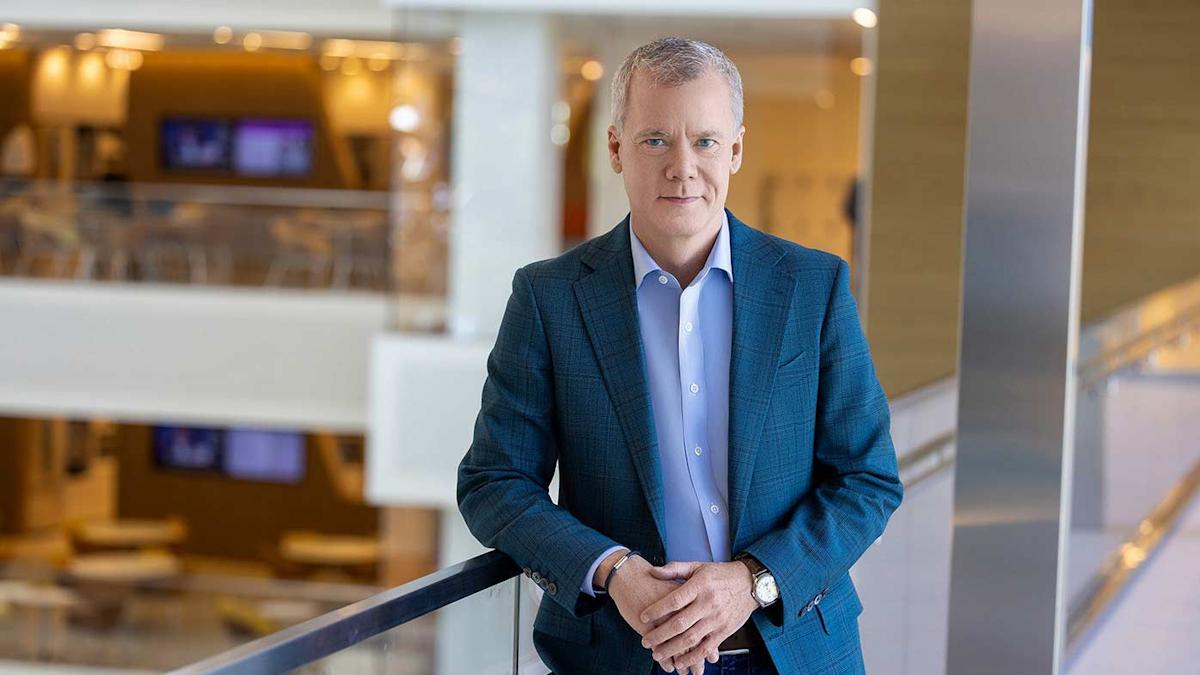BMS confirms Taisho’s $1.6bn offer for UPSA

After protracted speculation, Bristol-Myers Squibb has confirmed it plans to divest its French over-the-counter (OTC) medicines business UPSA to Japan’s Taisho Pharma in a $1.6 billion deal.
BMS has been looking into its options for the UPSA business since it launched a strategic review of its business in June and said yesterday that Taisho is “an experienced and reliable buyer with the strategic interest to successfully sustain and grow the business for the future.”
It was the second of two consumer health deals announced yesterday, coming after GlaxoSmithKline’s deal to create a near-$13 billion joint venture with Pfizer.
Taisho is the largest OTC company in Japan, with net sales of 280 billion yen ($2.49 billion) in the year ended 31 March 2018, of which more than 180 billion yen was from self-medication products.
The company has made no secret of its intention to build its business overseas, faced with a static market at home, although much of its M&A activity in recent years has been directed at the Asian market, specifically Southeast Asia.
In fact, it’s not the first time Taisho has snapped up consumer health assets from BMS, as back in 2009, the Japanese company bought BMS’ Indonesian business in a deal valued at around $310 million. Since then it has made acquisitions in Malaysia, Thailand, the Philippines, and Mexico, so buying UPSA is a bit of a change in direction, giving it a greater presence in France and the wider European market.
UPSA has 1,500 employees and generated approximately €420 million in sales last year from brands across the pain, cough and cold, vitamins and supplements, gastrointestinal and sleep categories, including Fervex for colds and flu and painkiller products Efferalgan and Dafalgan.
Taisho reportedly won a bidding process that included other players including German pharma company Stada and Italian drugmaker Angelini, according to a recent Reuters report.
“Over the past several years, Bristol-Myers Squibb has been realigning its business portfolio to address changes in its business and the future requirements of its evolving pipeline,” said the company in a statement.
“The company is focusing resources on its highest priorities of discovering, developing and delivering transformational medicines for patients facing serious diseases,” it added.
The deal is expected to close during the first half of 2019, subject to the usual regulatory approvals and after a consultation period with UPSA employees.













